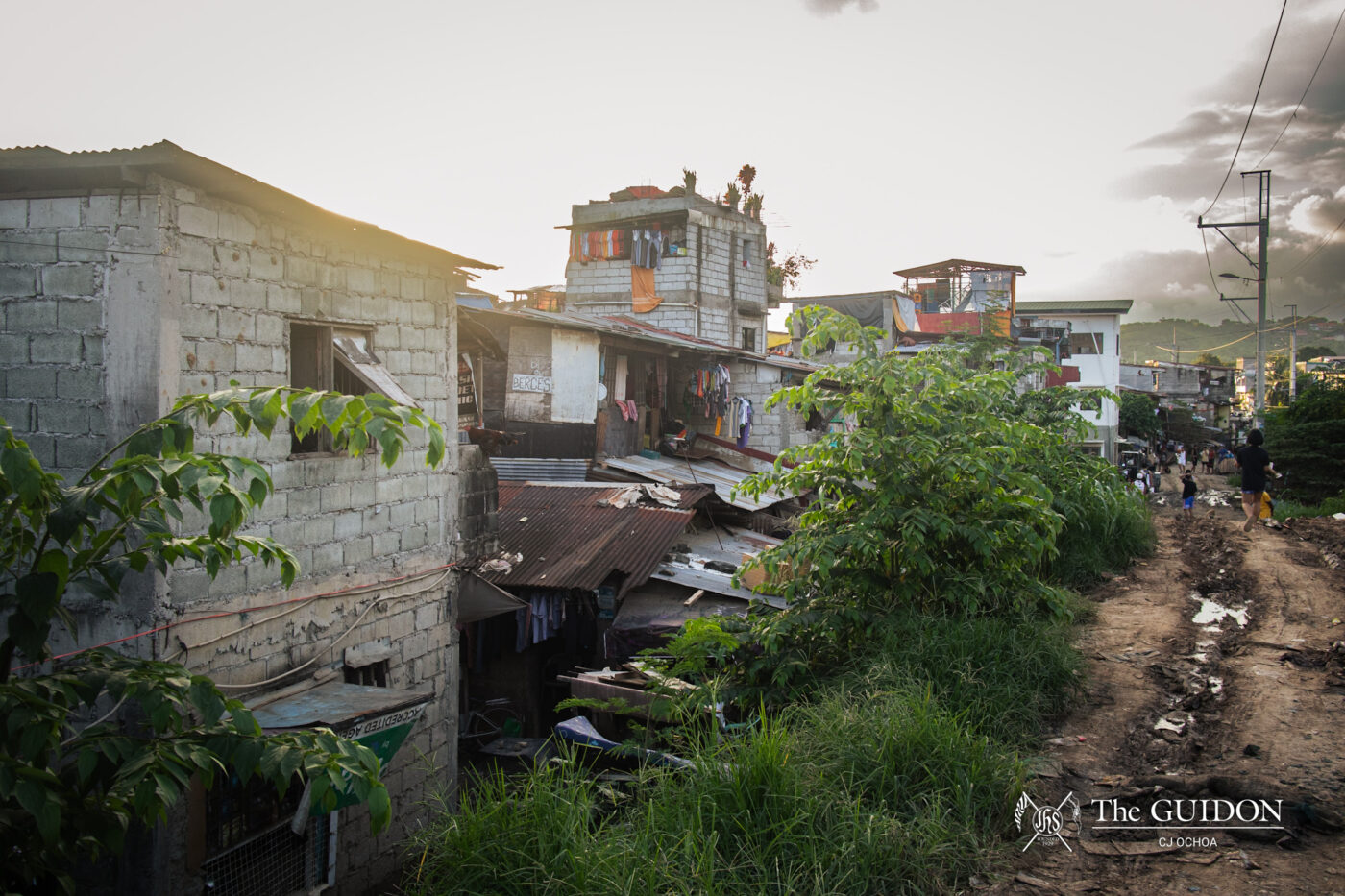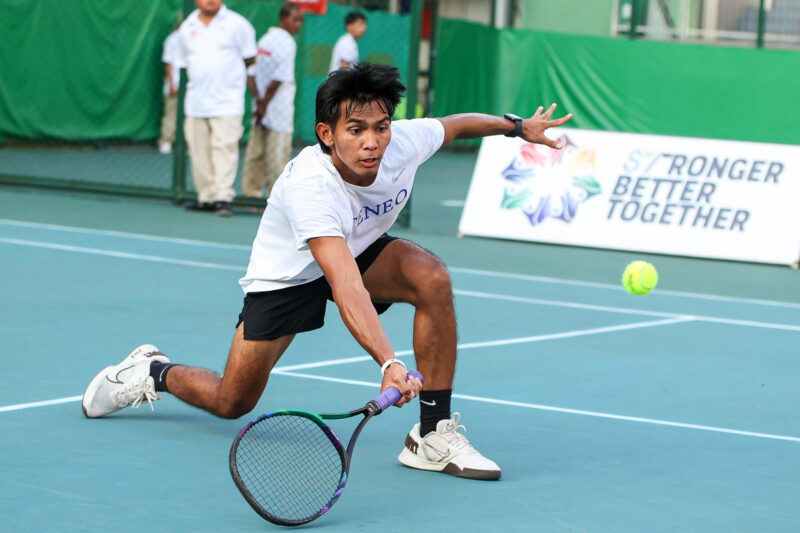BEHIND METRO Manila’s high-rise buildings, modern infrastructures, and developing properties are informal settler families (ISFs) residing in danger-zones and on idle public and private lands. Their growing presence in urban areas has spent many years growing untouched.
However, the static situation of ISFs can no longer go unnoticed, with economic complications and vulnerabilities putting millions at risk.
Rapid urbanization
The archipelagic nature of the country forces a division within internal markets, compelling provincial residents to move to Metro Manila. As the economy continues to progress toward urbanization and globalization, 5.47 million lifetime migrants from all over the country flock to the capital region in hopes of seizing employment opportunities.
However, with the influx of migrants moving into developing cities, the labor market becomes incapable of absorbing more job-seeking individuals. As the rate of industrialization lags behind, settling down becomes a greater struggle, and living spaces in cities grow increasingly scarce.
Despite the increasing trend of immigration, not all ISFs are from the countryside, and many are not illegitimate residents. Families may be coerced into informal settlements due to external factors, such as typhoons and infrastructure development.
Department of Sociology and Anthropology Lecturer Carl Russel R. Reyes, MA pointed out ISFs’ presence and contributions toward the formal and informal economy, serving as active participants in the inner workings of Metro Manila’s cities.
“Majority of [ISFs] are grave caretakers, or have jobs related to it. […] Should they be removed, who will the government replace them with?” Reyes explained, citing his ongoing research surrounding street homelessness.
While moving and working in developing cities was the evident option for those seeking employment opportunities, choosing to reside in informal settlements is a difficult choice.
Reyes explains that a fraction of ISFs can be considered members of the lower middle class, and the affordability of housing remains an issue for this growing demographic. Along with city development comes the rise in land prices, making affordable housing options accessible only in neighboring provinces.
However, this choice comes with the increased costs in terms of time and money in the daily commute. Government housing options also often fail to address such issues, as the provided shelters are situated far from the urban centers—defeating the purpose of relocation for many.
Exposed vulnerabilities
While people choose to reside in informal settlements as a result of their unstable economic standing, they are often met with challenges to their safety, security, and livelihoods—exposing them to additional vulnerabilities that come with living in these areas.
Many of these vulnerabilities were recently unveiled by the onslaught of Super Typhoon Carina that recently left around 1.1 million people affected, with 630,000 of them displaced from their homes.
Reyes expressed that ISFs will be disproportionately affected by the worsening climate. According to him, weather catastrophes such as Super Typhoon Carina “put [ISFs] at risk of losing what was built incrementally over the years.”
As such, he stated that climate change will force ISF communities to rebuild their settlements in increasing frequency. However, he also added that they might not receive the necessary resources to reconstruct their homes, given that they are not formally recognized by the government.
Despite these insecurities, Reyes explained that due to their political strength and organization, due to their political strength and organization, many ISF communities gaingain access to health, social welfare, and security services.
Reyes noted that politicians approach these communities during the election season, providing both solicited and unsolicited services. While acknowledging that this practice may resemble patron-clientelism, he mentioned that it is only through this process that state services are able to enter these communities.
Relocating communities
In response to the growing needs of informal settlements in the country, many statestate programs have opted to entirely entirely relocate these communities. Among such initiatives is the Pambansang Pabahay Para sa Pilipino Housing (4PH) Program. With the goal of zero informal settlers by 2028, it aims to annually annually build oneone million housing units until the target year.
However, government housing relocation programs have also also been previously previously criticized due to the location of provided housing being outside of Metro Manila. These areas often lack employment opportunities and sustainable livelihoods. On top of this, Reyes adds that many relocatees find themselves without access to water, electricity and proper transportation upon resettlement.
The 4PH program itself has been criticized for not being affordable enough for low-income families. Due to rising development and construction costs, housing unit prices for the program have increased. Units that once ranged around Php 580,000 can now cost around Php 850,000. Given these rising prices, people worry that even government-funded housing remains out of reach for low-income Filipinos.
Alternatively, Reyes expressed that incremental development is ideal as ISFs will not have to be displaced from their existing livelihoods. However, even this method still relies on ISFs taking on some of the financial burden.
ISFs will need to take a loan from the government to acquire the land that their settlement sits upon to gather the necessary funds to develop their community. Unfortunately, Reyes statess that landowners are more inclined to sell their land to developers rather than informal settlers.
Ultimately, the presence of informal settlements is a symptom of the severe economic inequality being experienced by many Filipinos. ISFs have persisted through several calamities due to their ingenuity; however, they cannot be expected to completely manage on their own. The government bears the responsibility of heeding the calls of these communities to change their otherwise unchanging contexts.




